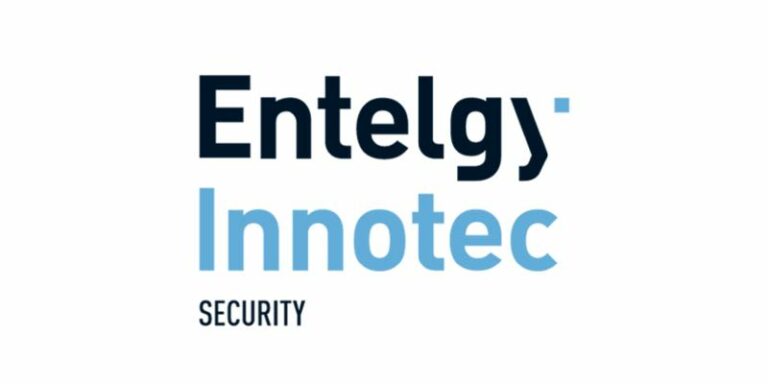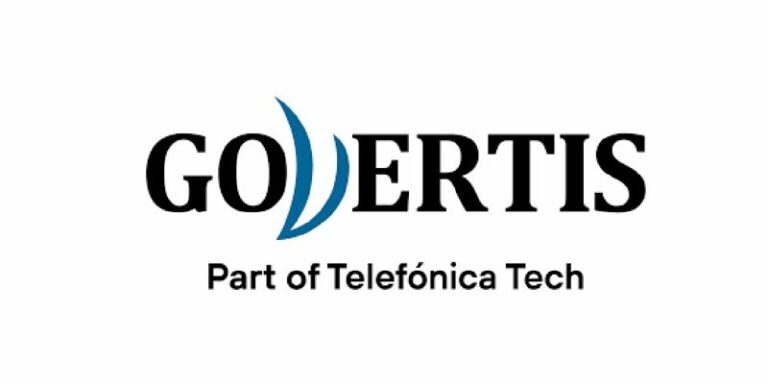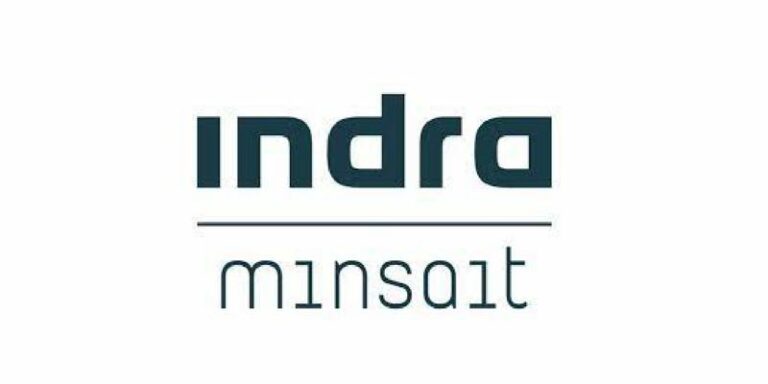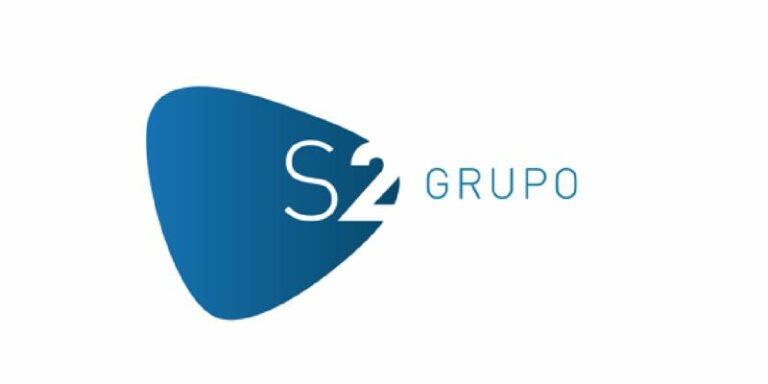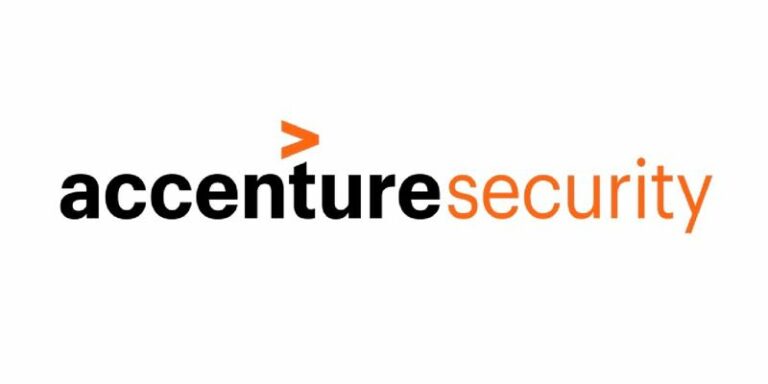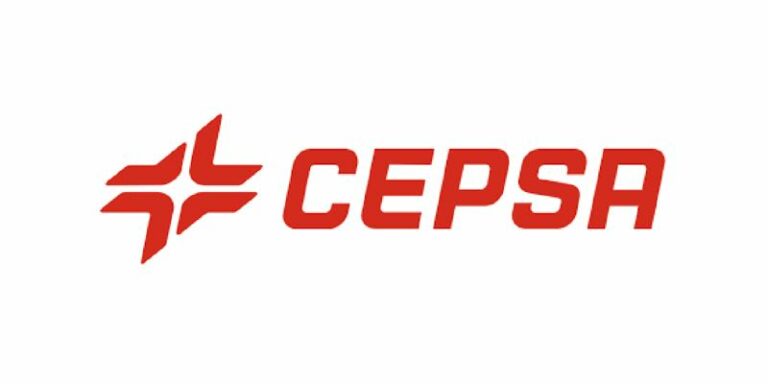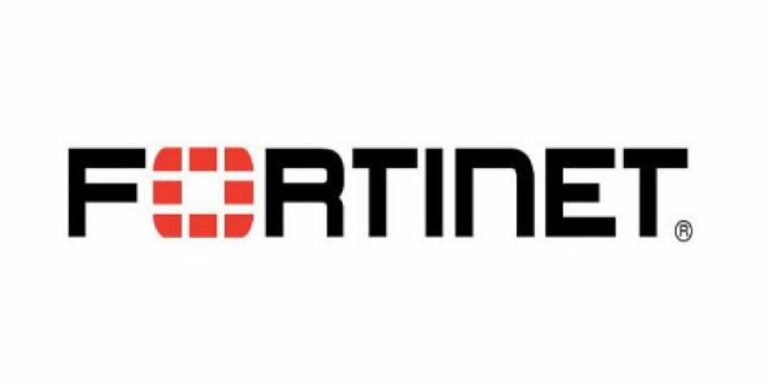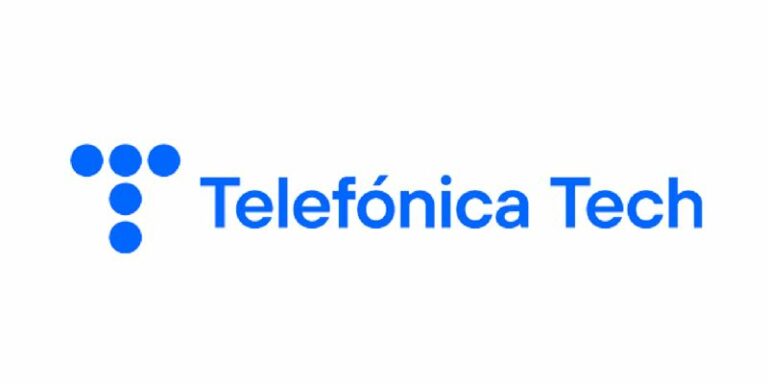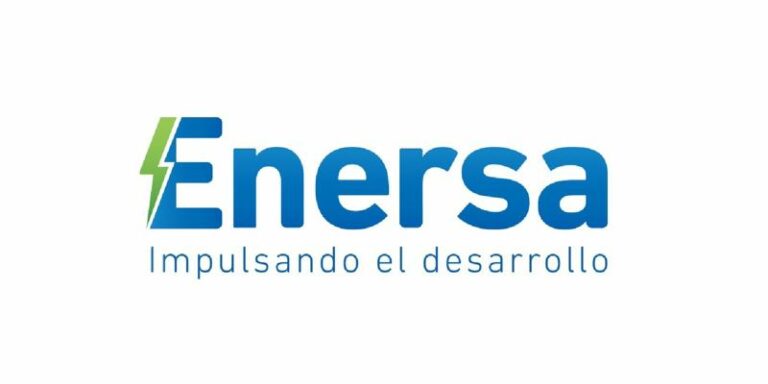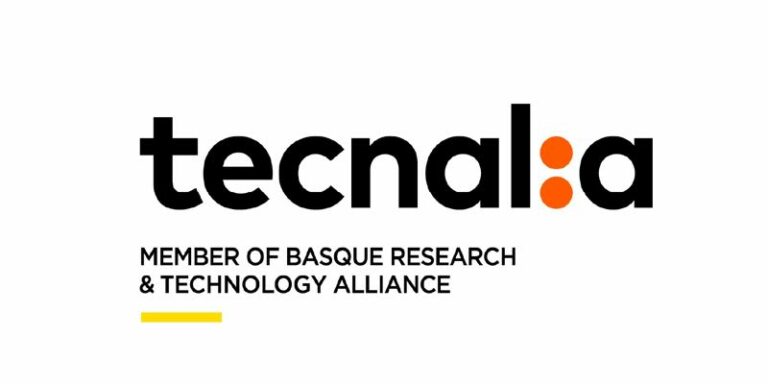
C06. Cybersecurity Audit Manager in OT Environments Course
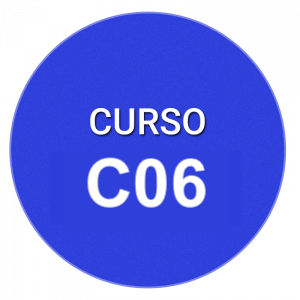

Discover the key aspects of conducting a cybersecurity audit in OT environments.
What will you achieve with this course?
In recent years, we have witnessed a series of incidents related to industrial cybersecurity that have called into question the effectiveness of implementing risk mitigation measures.
However, closer analysis has revealed design or maintenance errors in control models that have allowed some cyberattacks to succeed.
The goal of this course is for students to thoroughly understand the cybersecurity audit process for industrial control systems and to demonstrate its crucial role in improving cybersecurity protection maturity.
Descubre las claves para llevar a cabo una auditoría de ciberseguridad en entornos OT
What you will learn in this training
- Industrial cybersecurity risk scenarios
- Control models for industrial installations
- Auditor’s role in addressing new threats
- Methodology in systems auditing
- Compliance in industrial cybersecurity
- How to audit cybersecurity in industrial installations
¿A quién va dirigido?
This course is aimed at industrial cybersecurity professionals who want to understand the benefits of auditing to ensure the effectiveness of control models in cybersecurity and learn the process for conducting such audits.
It is also directed at corporate systems auditors who want to gain expertise in auditing industrial systems.
*To get the most benefit from the course, it is recommended that students have basic knowledge of industrial cybersecurity.

Equipo docente del curso




LIMITED PLACES
Exclusive training!
Frequently asked questions
Do I need prior knowledge in Cybersecurity?
From the JRC and after our experience, in order to get the most out of the training, it is advisable for the student to provide:
- Basic notions of industrial environments in the electrical sector: automation and industrial communications.
Basic knowledge of industrial cybersecurity (cybersecurity in operating technology).
To facilitate this base, before the start of the course, the JRC will offer access to a virtual and dynamic educational resource. This material aims to provide students with a solid understanding of these fundamental concepts.
Our ongoing goal is to ensure maximum success for our students and participants.
- Basic notions of industrial environments in the electrical sector: automation and industrial communications.
Why specialise in cyber security auditing in OT environments?
- The reason for training in this field lies in the urgent need within the industry for industrial cybersecurity auditors, in order to evaluate or certify the state of industrial facilities in light of the new cybersecurity regulations. The shortage of these professionals is a problem that can only be resolved through specific and rigorous training.
What is the complete program like?
INDUSTRIAL CYBERSECURITY RISK SCENARIOS
THE INDUSTRIAL CONTEXT
- Processes, people, and technology
- The industrial automation pyramid
- The supply chain
INDUSTRIAL SCENARIOS
- Electric sector scenario – RECIN
- Water sector scenario – RECIN
- Food sector scenario – RECIN
- RECIN exercise
CONTROL MODELS FOR INDUSTRIAL FACILITIES
COMMON CONTROL MODELS (IEC 6443, NIST 800-82, AND NIST CSF)
- OTHER CONTROL MODELS (CIS, CCI, ISO/IEC 27033, ISO/IEC 27400, ENS)
- CONTROL MODEL DEPLOYMENT
- Exercise
THE AUDITOR’S RESPONSE TO NEW THREATS
SYSTEMS AUDIT METHODOLOGY
COBIT 2019 METHODOLOGY
- SPECIFIC STANDARDS FOR IT SYSTEMS AUDITOR WORK:
- ISO 15504. Standard for process maturity level evaluation (CMMI)
- ISO 20000. Family of standards for IT service management (compatible with ITIL)
- ISO 22301. Standard for business continuity
- ISO 27000. Family of standards for Information Systems security
- ISO 31000. Family of standards for risk management
- THREE LINES OF DEFENSE MODEL
- Exercise
INDUSTRIAL CYBERSECURITY COMPLIANCE
Identifying compliance requirements
- Identifying applicable regulatory and normative frameworks
- Identifying industrial cybersecurity compliance obligations
- Regulatory requirements in cybersecurity
- Cybersecurity
- Critical infrastructures
- Data
- Machines
- Regulatory resilience requirements
- Critical infrastructures
- Essential services
- Cyber resilience
- Obligations of Critical Infrastructures
- Obligations of the Critical Operator
- Specific Protection Plan
- Operator Security Plan
HOW TO AUDIT CYBERSECURITY IN INDUSTRIAL FACILITIES
PRE-AUDIT PLANNING WORK AUDIT PLANNING
- Context, objectives, and final audit scope
- Approach and method
- Timeline and team planning
- Communication plan
- References and evidence lifecycle
- Mitigating controls
AUDIT EXECUTION
- Preparation meetings with infrastructure managers
- Evidence collection methodology
AUDIT COMMUNICATION AND FOLLOW-UP
- Audit processing and final document preparation
- Audit presentation
- Recommendation follow-up cycle
- Exercise
INDUSTRIAL CYBERSECURITY RISKS
- Risk analysis model
- Industrial cybersecurity risks
When will the sessions be held?
15:00h to 19:00h (Spain time – CET)
What support material will I receive?
Each student will receive:
A copy for individual use of the following documents:
Cybersecurity Audit Guide for Industrial Facilities.
The presentations used in the course training.
Documentation with all the details of the audits carried out in the course practices.
What are the classes like?
The training modality is SYNCHRON ONLINE (with free access from any location, you only need a stable internet connection). The sessions will be live via the videoconference system provided by the JRC. These sessions will be recorded and will be available for subsequent viewing by the student for a limited time.
How long will the material be available to me after the end of the training?
The training material, recordings of the sessions and everything shown during the training will be available to the student for a period of 1 calendar month. During this time, the student will be able to enjoy it with total freedom and availability with remote access.
Which document proves my participation?
At the end of the training and having fulfilled the necessary requirements, you will receive an accreditation certificate from the school certifying your attendance, participation and compliance with the training requirements. The CCI School is an internationally recognised organisation whose training, experience, teaching staff and professional team accredit it.
Along with the accreditation certificate, you will receive the Green Professional Credential (which is obtained through the student’s knowledge acquired during the training) of our CCI Industrial Cybersecurity Commitment Recognition Programme.
What are the payment methods?
Payment must be made by credit/debit card. If you can only pay by bank transfer, please contact us for support in this process at escuela@cci-es.org.
Can my company subsidise this training?
Yes, you will be able to subsidise the number of hours included in this training using your training credit through FUNDAE (State Training for Employment Training).
The Centro de Ciberseguridad Industrial is not in charge of the management and processing of your bonus, but we will provide you with all the information and documentation you need so that you can do it.
Prices and enrolment conditions
This course has personalised prices for members of the CCI ecosystem. Conditions that allow exclusive benefits and price reductions in the School’s training courses.
Non CCI member ………………….. 1.400 €
Basic Member………………….. 1.260 €
Professional Member…………… 1.190 € 1.190
Enterprise Member…………….. 1.190 €
Platforms Member…………… 1.120 € 1.120 € 1.120 € 1.120 € 1.120 € 1.120 €
Subscription Member…………… 1.050 € 1.050 € 1.050 € 1.050 € 1.050
Prices do not include VAT or taxes.
FUNDAE subsidised by FUNDAE

Only 15 students per edition







